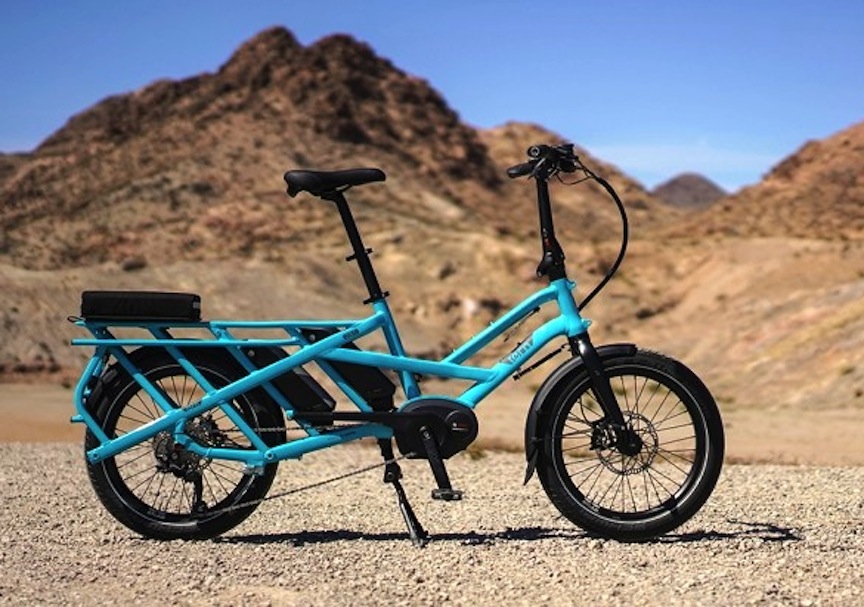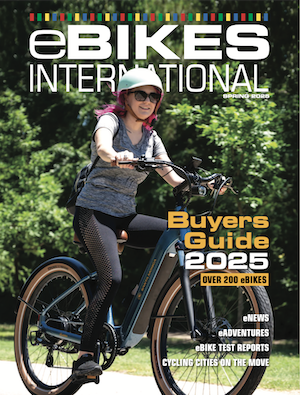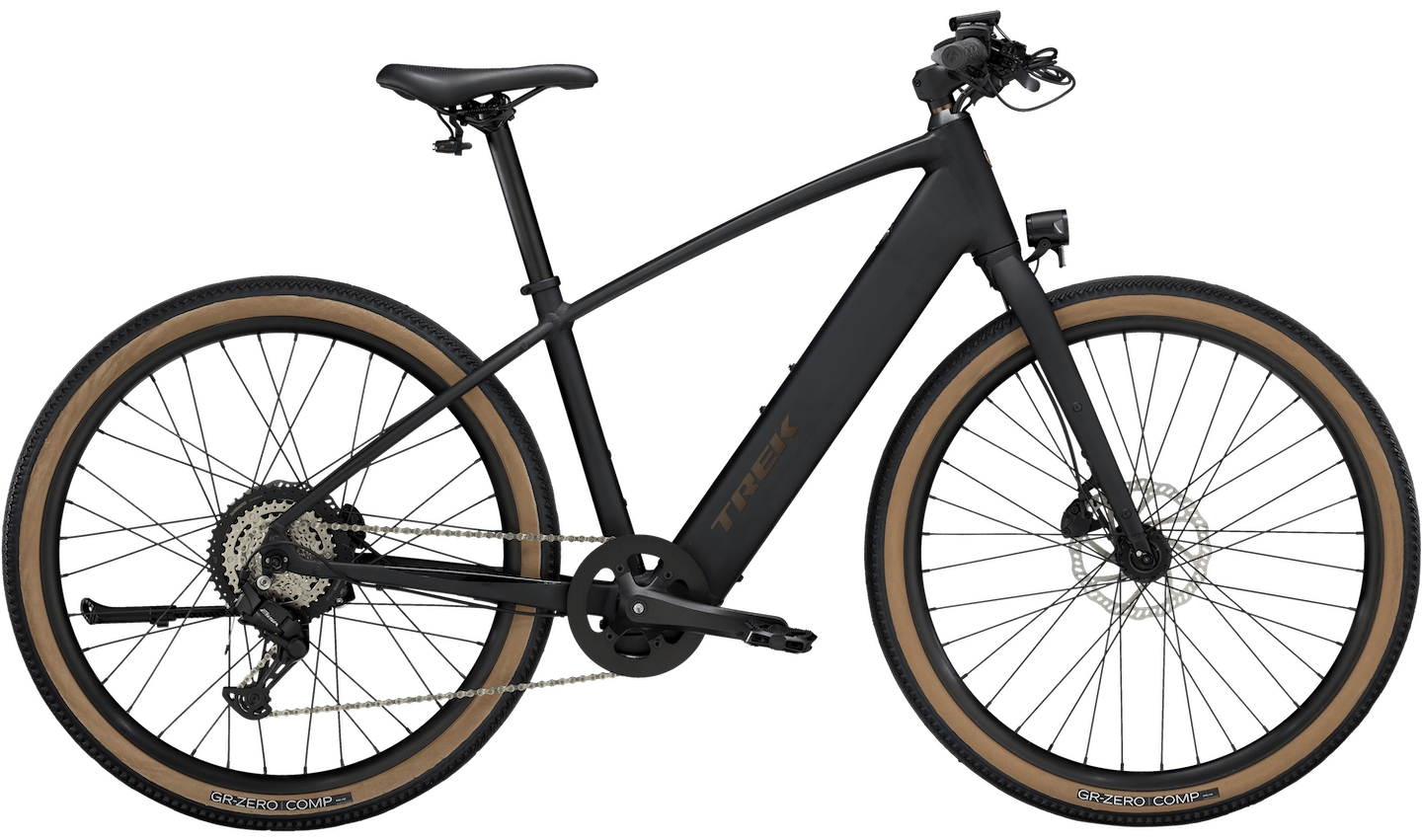October 8, 2020 - A rebate program for e-bikes would make them more affordable for residents who can’t afford an electric car and give others greater incentive to choose a mode of transportation that isn’t powered by fossil fuel.
As people started to work from home, eat at home and entertain themselves at home, they quickly began looking for a way out — of the house. Many discovered — or rediscovered — the restorative powers of cooking, taking a walk, playing board games, working jigsaw puzzles and, of course, riding a bike.

Since the beginning of the pandemic, which was followed soon after by stay-at-home orders in Houston and Harris County, business has been booming for local bike shops and online retailers. Driven by customers inspired to explore less-congested roadways with family or other members of their social bubbles, sales of bicycles and bike accessories in the U.S. hit $1 billion in April — a 75% increase over 2019. “Bicycles suitable for family use, neighborhood riding, and those with more approachable price-points showed the strongest year-over-year sales gains,” according to market research company the NPD Group.
What may have seemed like just a flirtation or a short fling has persisted, taking root and growing into a months-long romance with cycling. Bicycling activity has increased dramatically in Houston, Dallas and San Antonio, and it’s doubled in other metros not known as bike cities. In May, the number of cycling trips in Houston was up 138% compared to the year before, according to data from activity tracking app Strava. Houston’s BCycle bike share program, which has seen record rentals month after month since the beginning of the outbreak, reported 34,000 trips logged in August.
Full report here.
















